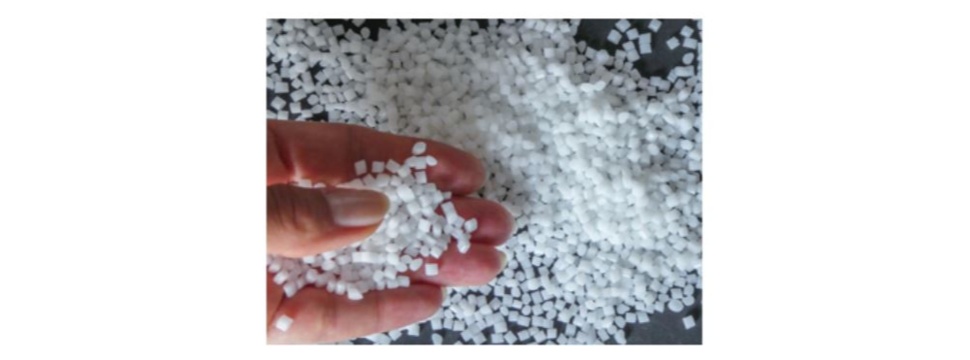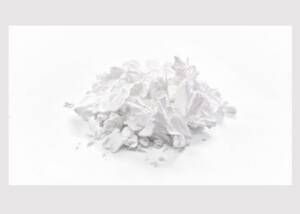Bio2Bottle: Novel, durable biodegradable bottles made of bioplastics
News General news
The Fraunhofer Institute for Environmental, Safety and Energy Technology UMSICHT is conducting research on bio-based and recyclable plastics together with four other partners. The goal of the joint project "Bio2Bottle" is to develop biobased bottles that are suitable for storing cleaning agents and agricultural soil additives, meet high standards and are biodegradable and recyclable at the same time. Currently available plastics made from renewable raw materials have too high permeability for this application and do not meet all requirements.

According to the Federal Environment Agency, around 6.28 million metric tons of plastic waste are currently generated in Germany alone. Critical discussions in society and politics have long since led to the need to consider new targets in plastics development. The environmental awareness that has arisen among both end consumers and industrial companies is leading to an even greater demand for sustainable products in the future. In their sales strategy, companies are increasingly focusing on avoiding critical products and placing great emphasis on recyclability and biodegradability. The "Bio2Bottle" project, which is being implemented under the coordination of Fraunhofer UMSICHT, starts precisely here and has set itself the goal of developing a biobased and recyclable plastic for the production of bottles.
Requirements for biodegradable bottles
Bottles made from biobased plastics such as polylactic acid (PLA) can already be found in some marketable products. PLA is a lactic acid-based biobased polyester with high mechanical strength, similar to polyethylene terephthalate (PET). However, the material is not suitable for the targeted applications due to an insufficient water vapor barrier.
The focus of the "Bio2Bottle" project is to develop a bio-based plastic that is simultaneously suitable for storing and transporting cleaning agents and agricultural soil additives, and is recyclable and biodegradable. To meet the requirements for this, the material must have a high water vapor barrier, stability and melt viscosity. CO2 and oxygen permeability, as well as gamma sterilization, are also considered during development. In addition to these stringent requirements, the materials must be recyclable and biodegradable - even outside industrial composting facilities. "In the joint project, biobased polymers are selected and their properties are modified by compounding with additional components in such a way that these high requirements are met," explains Inna Bretz, Department of Circular and Biobased Plastics at Fraunhofer UMSICHT. "The goal of the project is to combine biobased materials and recyclability," continues Inna Bretz.
Future research for less plastic waste
Fraunhofer UMSICHT already has many years of experience in the development of marketable plastic materials based on renewable raw materials. With the "Bio2Bottle" project, the institute ensures that future material development for companies will meet the specific requirements of the product. Furthermore, the joint project aims to demonstrate that the bottle material can be reprocessed in a technically efficient recycling process, making it more competitive. The long-term use of the bottles as well as their reuse should lead to less plastic waste and a reduced consumption of fossil raw materials for short-term products. In addition to this, the good biodegradability of the bio-based bottles is being investigated and further developed under the coordination of Fraunhofer UMSICHT.










